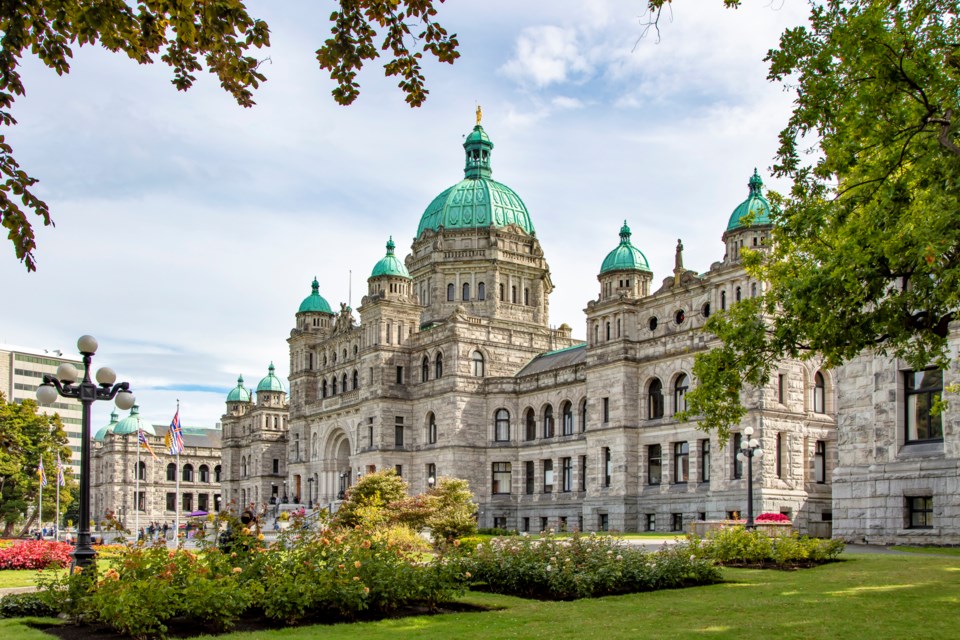Think of provincial finances like your family budget.
Right now, Premier David Eby has a big debt to settle. However, instead of paying down the balance, Eby is showing all the fiscal restraint of a teenager who’s borrowed the family credit card.
The provincial government has an almost $6-billion surplus right now. Using part of it to pay off the provincial debt will save taxpayers big money in the long run.
Interest on the provincial debt cost taxpayers $3 billion in 2022, but Eby is choosing to ignore a pressing problem that is only getting worse.
If your family racks up a massive credit card bill debt, then you need a plan to pay it off.
If you don’t, the interest on that credit card debt is going to force you to make more difficult choices. Nights out for dinner and drinks might get cut. Then kids’ hockey starts to become too expensive. Vacations are out of reach. Interest charges suck up more and more freedom.
Paying down the balance takes discipline, but, as those interest charges shrink, the financial freedom starts to return.
What if that family gets a windfall like an inheritance? Paying off your debt, or even part of your debt, makes a lot more sense than blowing it on a couple new flat screen TVs.
This is the situation that Eby’s government is in right now in Victoria.
Because of sky high taxes, the provincial government unexpectedly found itself with a $5.7-billion budgetary surplus in the most recent financial update. If Eby doesn’t spend the surplus, by law, it automatically goes towards debt repayment at the end of March.
Debt repayment laws are good things, because it keeps politicians from blowing surpluses and being irresponsible. But, politicians always seem to find a way.
That provincial debt stands at around $98 billion. Every British Columbian’s average share of the provincial debt is about $18,600. It grows every day because of incurred interest payments.
In 2022, interest on the provincial debt was almost $3 billion. That’s enough money to build 130 new elementary schools, or pay the endowment for a whole new UBC.
Between 2018 and 2023, B.C.’s debt has grown by $13.8 billion. The interest alone has cost us about as much as it would have cost to build six hospitals the size of the new St. Paul’s in Vancouver with enough left over to pay the wages of around 10,700 nurses for a whole year.
Unfortunately, Eby is planning to spend most of the surplus instead of paying down the provincial debt.
British Columbians should settle in for an out-of-control slew of government spending this winter. It’s a use-it-or-lose-it approach and it’s responsible for some of the worst wasteful spending we’ve seen in governments.
It is irresponsible and reckless to spend nearly $6 billion of taxpayer money in three months without any foresight or planning, especially when you have billions of dollars in debt to deal with.
Across the Rockies in Alberta and Saskatchewan, both of those provincial governments are spending billions on paying down their debts. Eby should take a look at our neighbours and follow their example to make life affordable in the long term.
Carson Binda is the British Columbia Director for the Canadian Taxpayers Federation



